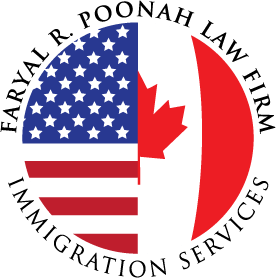CANADIAN IMMIGRATION LAW

Canadian residents enjoy amazing benefits that attract immigrants from around the world to the country. Some of these benefits include Canada’s healthcare system, childcare system, low crime rate, clean natural resources, family sponsorships and much more. Federal Skilled Workers, Federal Skill Trade and Canadian Experience Class have access to an Express Entry immigration process. Provincial Nominee Program (“PNP”) pathways are more varied in their immigration processes because application criteria and documentation are Province or Territory specific. Despite these differing provincial standards, the PNP pathways are tailored to expedite the track to permanent residence in Canada.
Contact our law firm to discover more of the advantages of Canadian immigration and to learn how to obtain the right permanent visa for your specific immigration purposes. Our legal team is eager to assist you with obtaining, organizing and preparing the necessary documents for your permanent residence.
ASK AN IMMIGRATION ATTORNEY
Do not leave crucial decisions to chance. Allow an experienced Immigration Lawyer to skillfully guide you through the immigration process. If you have questions, we want to hear from you and answer your questions. Please submit your question below, and one of our legal professionals will respond to you soon.



